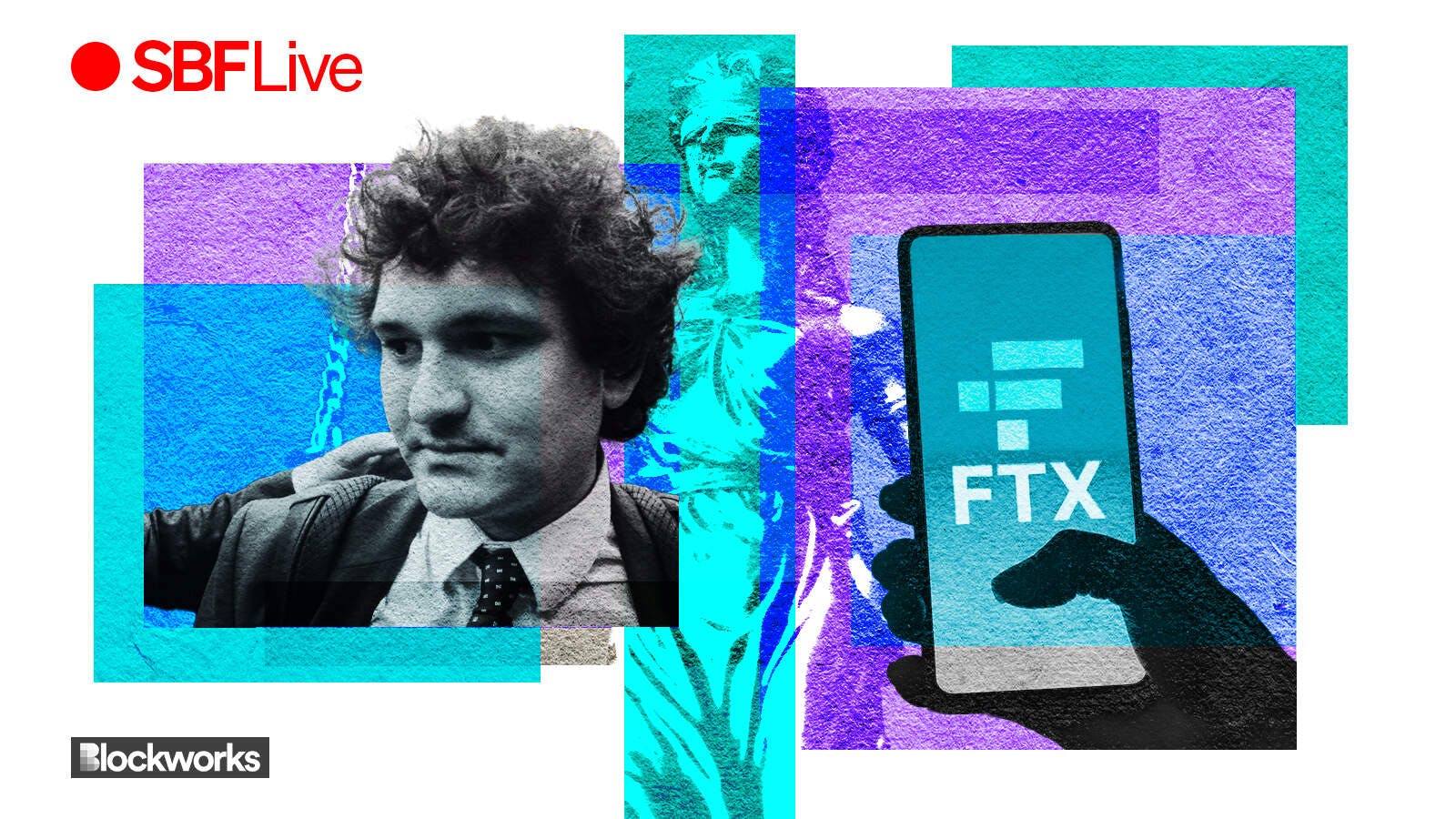Alameda was spending more trading than FTX was making in revenue: Co-founder
Government witness Gary Wang finished answering prosecution’s questions Friday, testifying that Alameda enjoyed a $65 billion line of credit

Artwork by Crystal Le
$100 million — that’s how far in the red Alameda Research’s FTX account went thanks to its so-called “special privileges” on the exchange, according to co-founder Gary Wang, now a testifying witness in the trial of former CEO Sam Bankman-Fried.
Day four of the Bankman-Fried criminal trial, where he faces seven counts of fraud and conspiracy, started with Wang taking the stand again after the prosecution began their questioning on Thursday.
Wang, who pleaded guilty in December 2022 to four counts, testified that Alameda Research’s FTX account was granted secret permission to “allow negative,” meaning it could trade even with no balance.
Read more: Sam Bankman-Fried trial live updates: FTX backstop fund was ‘fake,’ Wang testifies
This was going on as early as late 2019, at Bankman-Fried and Nishad Singh’s request, Wang added. Singh, who also pleaded guilty, was FTX’s director of engineering.
In 2020, Wang discovered in the database that Alameda’s trading account balance was in the red more than FTX’s revenue, he told the jury, which was around $150 million. Alameda’s account balance was about negative $200 million, or more, Wang testified.
Alameda’s line of credit was $65 billion, Wang added, also noting that “maybe a dozen” others had credit lines over $1 million and no one else was in the billion-dollar range.
Bankman-Fried, who once again appeared in court wearing a suit and seated between attorneys, was fidgeting throughout the testimony. He was also observed using a computer, which he has been allowed to use since jury selection began on Tuesday.
Friday’s testimony is expected to wrap at around 3 pm ET, Southern District of New York senior judge Lewis Kaplan confirmed with prosecution earlier in the week. Court will recess for the weekend and resume on Oct. 10. The trial is expected to last six weeks.
Get the news in your inbox. Explore Blockworks newsletters:
- The Breakdown: Decoding crypto and the markets. Daily.
- 0xResearch: Alpha in your inbox. Think like an analyst.






